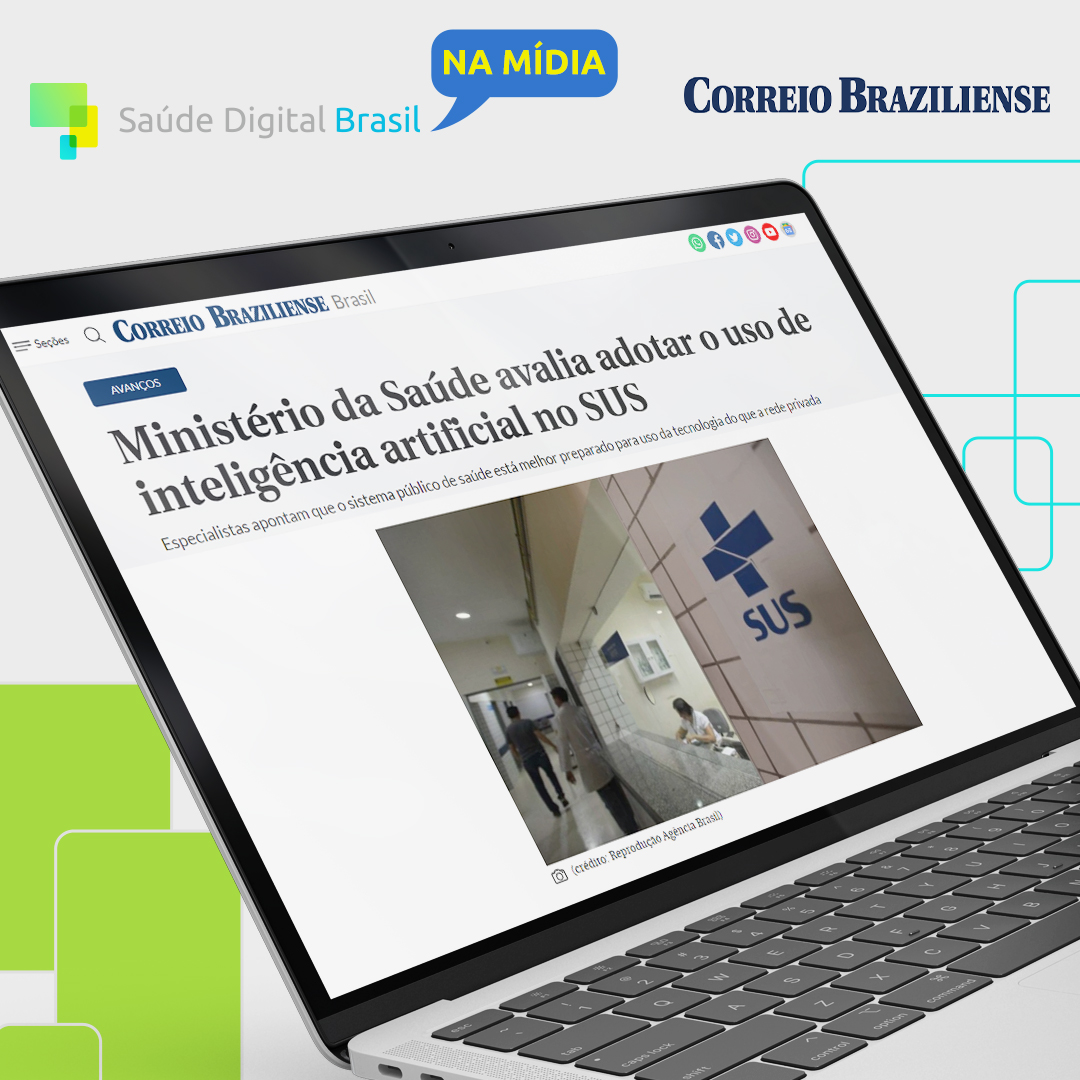This pioneering initiative in Latin America will provide an overview of the current scenario of telehealth use in Brazil and will feature exclusive data from its members, the largest telehealth and digital health providers in the country. The goal is to understand the epidemiological profile of patients and patterns of use of digital health tools in the country.
It is increasingly clear that the collection and evaluation of health data enable more accurate and predictive medicine. At the same time, the lack of this process and the secure analysis of this information is a shortcoming in the health sector. Recognizing the importance of solving this challenge, which directly leads to improvements in health care, and highlighting how digital health can improve this care, Saúde Digital Brasil (SDB) is launching a pioneering initiative in Latin America, which aims to gather the main indicators of the sector. The idea is to guarantee transparency and accuracy, as well as the certainty that there will be data quality and security in accordance with the LGPD. In this way, it promotes business intelligence in companies and, above all, encourages the development of digital health in the country.
Coordinated by a working group created by the SDB to select and analyze the relevance and value of digital health sector indicators, the panel will provide a global view of the scenario, consolidating information that guides the practice of telehealth and telemedicine in Brazil. The objective of this initiative is to unify the collection of information in a homogeneous way and transform it into knowledge for society, managers, health professionals and the scientific community.
Lídia Agia, coordinator of the Digital Health Indicators Brazil working group, epidemiologist and analytics consultant at Hospital Israelita Albert Einstein, considers it essential toFor service providers and technology suppliers to have an updated dashboard that shows how operations are going and, at the same time, outlines an epidemiological profile of the population, with sector figures, and provides parameters that guide clinical practice. This includes understanding the patient journey within health services and operational indicators. For example: viewing the main diagnoses via telehealth.
“The need for digital health information is latent. We need to understand the current situation in precise numbers that allow us to conduct an accurate health analysis, conduct ongoing assessments, improve our offerings and provide a more sustainable economy. We know that our sector is very dynamic and this knowledge allows us to both provide more efficient health care and preserve relevant financial aspects of medical care,” he emphasizes.
Anna Rabha, deputy coordinator of the working group and medical director of Tuinda Care, explains that the concept of digital health has been strengthened in the country, with regulations in place at the end of 2022. Adopting standardized measures for collecting and interpreting data as early as possible in this process will support future institutional policies, both public and private, on how and what paths should be followed. Furthermore, for her, more than having access to the data, the advantage is knowing what to do with it. “Information is accessible to everyone, individually. Having indicators is what makes knowledge accessible.”
The panel will be built in partnership with the company Controllab. Members will have access to their data and consolidated information in an anonymized manner, so that they can make a benchmarking of the sector. Initially, the idea is to provide volumetrics and more business intelligence. In the future, the goal is for the project to evolve into a management panel.
Among the benefits of the indicator panel is that it creates business opportunities that would not be possible without information and, consequently, is a tool for improving the quality of services and care provision, enabling a focus on health promotion.
“What shines in our eyes are the opportunities that arise with this project. We will open a pioneering knowledge portal in Latin America. Everything developed according to our needs players, in dashboard format, always thinking about ensuring transparency and accuracy, with the certainty that there will be data quality and information security in accordance with the LGPD. Not to mention that it gives us a strategic position on the world stage as providers of digital health services. We have a case relevant here”, highlights Lídia.
About the Indicators Working Group
The SDB Indicators Working Group is another Digital Health Brazil working group exclusive to its members, which is of great importance in the current scenario, especially because it has members of great relevance and impact in the sector, in addition to the heterogeneity of players. Despite having a diverse composition, it mainly has professionals experienced in the analysis of data and information derived from health indicators.
“Having a group dedicated to creating indicators enables us to carry out specific, high-quality and secure analysis of digital health metrics, allowing us to create future action plans for more predictive and accurate health,” concludes Anna.






